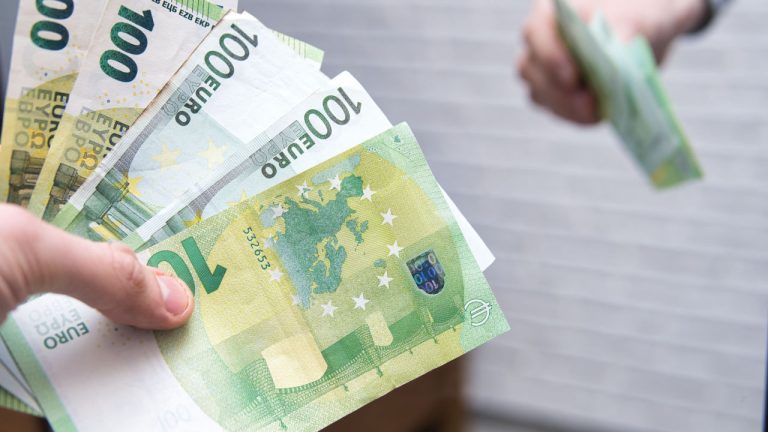
The Dutch cryptocurrency exchange Bitvavo is slowly expanding its reach after gaining regulatory approval in Austria and France.
Netherlands-based cryptocurrency exchange Bitvavo is set to expand its services to French users after successfully registering as a digital asset service provider with France’s Autorité des Marchés Financiers (AMF).
The expansion into France comes just weeks after Bitvavo secured regulatory approval to offer its services in Austria. The exchange expanded its offering to Italy in 2022 and has filed registration applications for other major European markets.
“Securing registration with the French AMF marks a pivotal moment for us. We are excited about bringing our consumer-focused offering to the French market,” CEO Mark Nuvelstijn said in a statement.
The exchange also highlighted an interesting trend that underpins its efforts to expand into France. A recent AMF survey of French investors indicates that more of its citizens own cryptocurrencies (9%) than conventional stocks (7%) and bonds (2%).
Related: FTX collapse, Binance’s US settlement provide strong case for MiCA regulations
Bitvavo currently serves around 1.5 million customers across the Benelux region. In a recent one-on-one interview with Cointelegraph at the European Blockchain Convention in Barcelona, Nuvelstijn highlighted the exchange’s focus on slow, measured expansion into new markets.
“Focus is key. You can try to get all of Europe at once, but that will set yourself up for failure. I think it’s really important to focus step by step. Our core focus areas are where we have a lot of traction, where we see that we have a lot of clients who are interested in our services,” Nuvelstijn said.
Another consideration is the application of the European Union’s Markets in Crypto-Assets (MiCA) regulations, set to take effect through 2024 and onward. The Bitvavo CEO believes a synergized European crypto rulebook will force the market to mature.
“It will increase the bar of requirements, which is good for the sector because everybody needs to improve their business models. Secondly, it will open up the European market. So, you no longer need a license per country. The regulation will become more harmonized, due to which you can easily do cross-border business,” he explained.
French bank Société Générale grabbed headlines in July 2023 as it became the first mainstream financial firm in the country to obtain a license to offer cryptocurrency services in France. The likes of Bitstamp also secured regulatory approval to offer its services in the country in February 2023.
Meanwhile, Binance’s French arm continues to operate within the country despite reportedly being under preliminary investigation by local authorities for alleged Know Your Customer and Anti-Money Laundering shortcomings.
Magazine: This is your brain on crypto: Substance abuse grows among crypto traders














